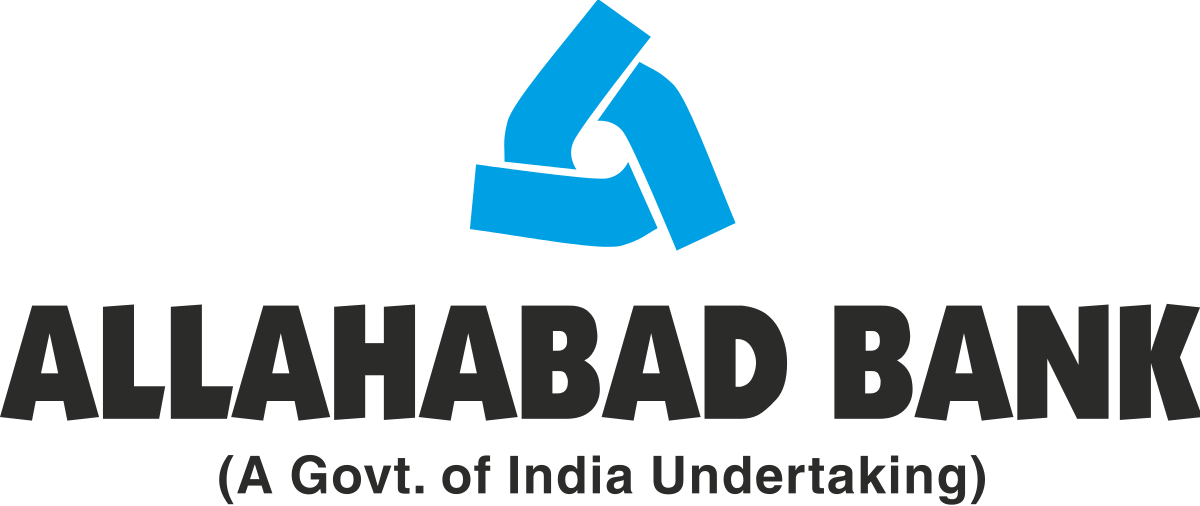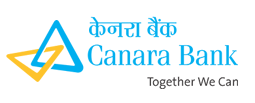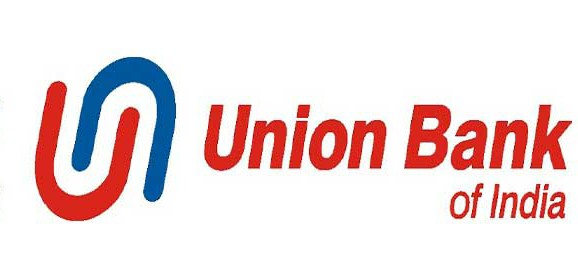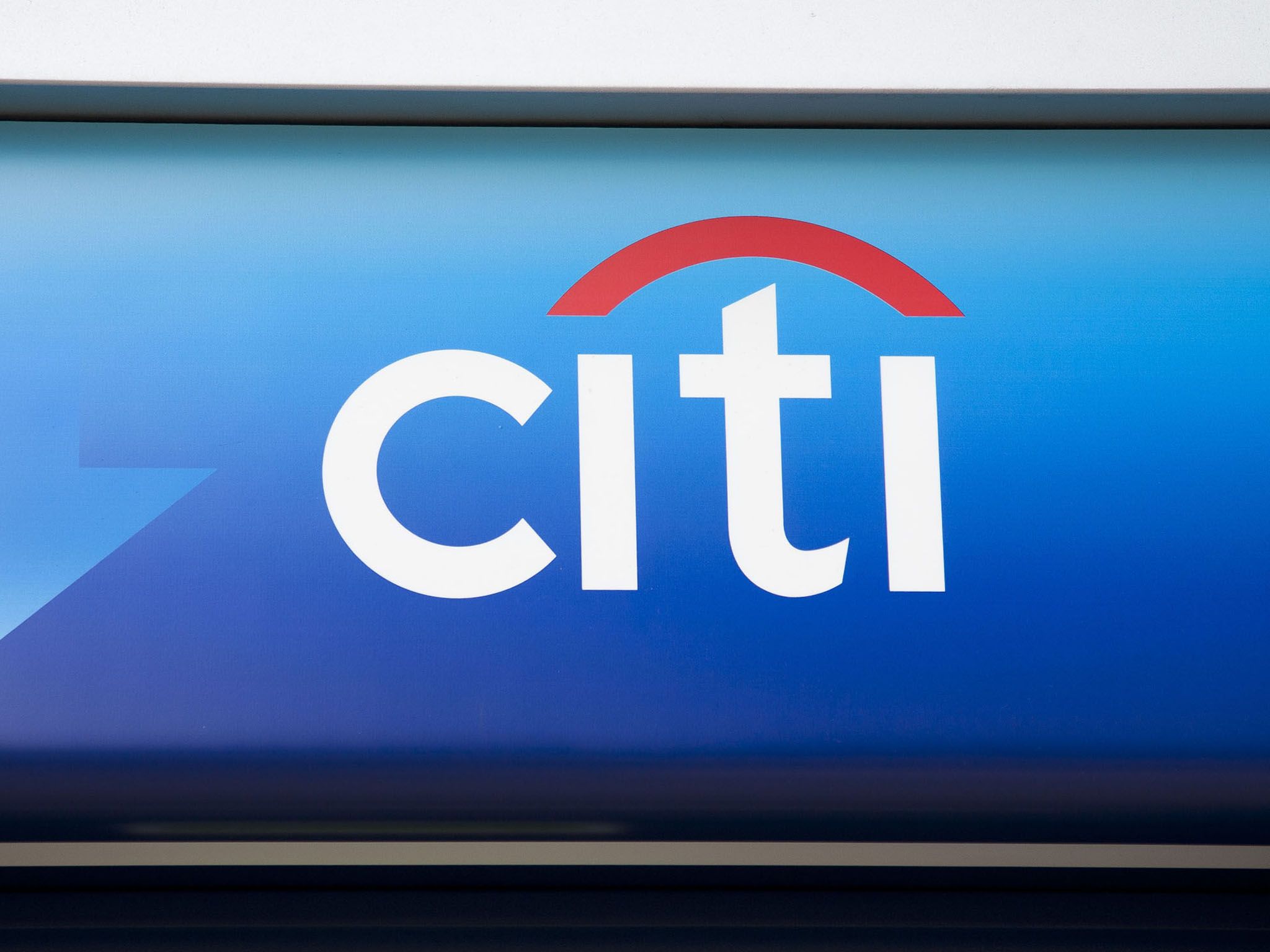Personal Loan
Personal loans are often the shortest route to funding when an individual needs money that he or she does not have. This need can arise owing to various reasons. However, when the objective is to access funds for emergency expenses; most people turn to personal loans for relief. Fortunately, personal loans are not hard to come by and most major banks and financial corporations offer personal loans to employed and earning individuals. These loans are often dispensed in a matter of days and the average amount available under personal loan schemes range from Rs 50,000 to 50 Lakhs depending upon the lender.
Borrowing money comes with the responsibility of paying back the sum borrowed. As such; it is important to understand any financial relief package that a bank or a lender might offer you, this includes personal loans. This article aims to enlighten the reader with an in-depth introduction to personal loans. Read further to know more.
Defining Nature of Personal Loans
It must be understood that banks and financial corporations are in the business of lending money and recovering the same with interest added. As such; these lenders often offer a variation of financial products, one of which is the personal loan. A personal loan is a loan without collateral or an unsecured loan. In other words, the borrower needn't pledge any personal assets (home, car) to avail of a personal loan. There are multiple other defining characteristics of personal loans that must be taken into account before availing of such a loan and the infographic below summarizes all the salient features of personal loans in India.
|
Loan Amount
|
Repayment Tenure
|
Qualifying Factors
|
Interest Rate
|
Fees
|
Prepayment Charges
|
|
50,000 to 50 Lakhs
|
1 to 5 Years
|
Employed or Self
Employed
|
10.75% or More
|
Up to 2% of Loan Amount
|
Up to 5%
|
Loan Amount
When applying for personal loans for emergency expenses, it is important to understand that banks usually dispense anything from 50,000 to 50 lakhs depending on one’s repayment capability, earnings, existing loans, CIBIL score, and even the bank’s lending terms and conditions. It is not unusual to apply for a certain amount and qualify for a lower amount. At this point, the prospective borrower can change his or her mind and refuse the lenders offer or even accept, depending on one’s need for financial relief. For the lender to analyze the repayment ability of a borrower, recent financial records in the form of bank statements of the borrower is taken into consideration. Credit rating is also considered and a borrowers CIBIL Score can affect the chances of securing a personal loan and the loan amount that one qualifies for.
Repayment Tenure
The repayment tenure of a personal loan is often a mix and match of the lender's stipulations and the borrower's preferences. The amount borrowed will also impact the repayment tenure as larger amounts are often repaid in a substantially increased number of installments. The repayment tenure may range from twelve months to 5 years as per data collected from various banks and financial corporations. The repayment tenure has an impact on the monthly installments the borrower must pay to cover the loan amount + interest in its entirety and as such; the borrower must pay close attention to the repayment tenure and the resulting monthly installments before availing of a personal loan. The bank or lender is likely to let the borrower choose the repayment tenure as per his or her convenience. Borrowers often opt for longer tenures when they wish to pay smaller installments in keeping with personal income and budgetary constraints. Often borrowers opt for shorter repayment tenures for personal loans to pay off the loan amount faster.
Eligibility and Qualifying Factors
Most banks and lending institutions have a rigid set of qualifying factors to determine the eligibility of candidates seeking out personal loans. One must be employed (salaried) for a reasonable duration of time or be self-employed to avail of personal loans for personal expenses. Additionally; potential borrowers must be within the age range of 21 to 58 years old. Eligibility is also subject to the borrower’s CIBIL score which must be above 750 to determine credit worthiness. To determine eligibility for personal loans, banks and lenders often request documentation such as...
- Completion and Submission of Loan Application
- 3 Passport Size Photographs
- Minimum 6 Months Bank Account Statements
- Residential Proof (Telephone Bill, Electricity Bill, Gas Bill)
- Identity Proof (Pan Card, Voters ID, Aadhaar Card, Driving License, Passport)
- 3 Years IT returns for Self Employed Candidates
- For salaried candidates Form 16/IT returns for 2 financial years
The infographic below further clarifies eligibility and qualifying criteria for prospective personal loan borrowers.
|
Age
|
21 to 58 years
|
|
Nationality
|
Indian
|
|
Occupation Type
|
Salaried or Self-Employed
|
|
Occupation Status
|
Salaried for a minimum of 1 year, Self-Employed for a minimum of 2 years
|
|
Minimum Income
|
20,000 to 40,000 depending on Lender
|
|
Credit Score
|
Preferably 750 and above
|
Interest Rates
The interest rate of a personal loan is often the focus of borrowers and the general aim is to avail of the lowest interest rates on personal loans. Owing to these factors, banks and lenders often compete in a free market such as India, to attract more borrowers by offering lower interest rates. Interest rates on personal loans start at 10.75% and go up from there. Interest rates may be fixed or floating and affect EMIs accordingly. EMIs remain fixed when a borrower is paying a fixed interest rate and is reduced in keeping with reduced balance norms of interest payout tabulation when a borrower is paying a floating interest rate on personal loans as the borrower is paying interest on the outstanding amount of the initial loan secured.
Processing Fees
A borrower is often required to pay a processing fee for personal loans secured. This fee is taken out of the original loan amount dispensed and is non-refundable. The processing fee is up to 2% of the loan amount. In many cases, the bank or lender may waive this fee.
Prepayment Fee
A borrower has the option of prepaying a loan before the end of the loan tenure. In such cases, the bank or lender might charge the borrower a prepayment fee of up to 5% on the outstanding loan amount. In many cases, the bank or lender may waive this fee.
In conclusion, this article simplifies personal loans for prospective borrowers. The aim of this article is to shed light on the personal loans offered by banks and lending corporations; with the motivation that prospective borrowers make informed choices while opting for personal loans to meet various personal expenses.
Process
up to 2% of the loan amount
Hidden Cost
NA
| Bank | Interest Rate | Minimum Age (in yrs.) | Minimum Income (in Rs.) |
|---|---|---|---|
 State Bank Of India |
12.5%-16.6% | Minimum 21 Years | Rs. 2,00,000 p.a |
 ICICI Bank Limited |
14% to 19% | 23 - 58 Years | Minimum monthly income - Rs. 20,000 p.m. (Rs. 25,000 for customers residing in Mumbai and Delhi) |
 Allahabad Bank |
13.15% to 14.10% | 21 to 58 years | Regular Income |
 Andhra Bank |
11.55% to 13.05% | 21 to 55 years | Regular Income |
 Bank of Baroda |
16.75% | No Age Criteria Provided | Income Criteria Not Available |
 Bank of India |
12.90% - 13.90% p.a. | 21 to 58 years | |
 Canara Bank |
10.5%-15% | No age criteria provided | Income Criteria Not Available |
 Punjab National Bank |
15.25% to 16.5% | No Age Criteria Provided | Rs.15000 per month for eligible customers at Metro Centres;Rs.12500 per month for Urban centres |
 Union Bank of India |
15% | Minimum Age 18 Years | Information Not Available |
 United Bank Of India |
36 Months | Must be 21 to 60 years | Regular Income |
 Axis Bank Limited |
The Interest Rate is based on the assessment of the financial profile of the loan applicant, loan amount and credit history. | Not applicable | Not applicable |
 HDFC Bank Limited |
11.25% to 21.50% | 21-60 Years | Minimum Net Monthly Income: At least Rs. 12,000/- per month net income (Rs. 15,000/- in Mumbai, Delhi, Bangalore, Chennai and Hyderabad, Rs. 12,000 in Calcutta, Ahmedabad and Cochin) |
 Industrial Development Bank of India (IDBI) |
13.25% to 14.25% | Minimum 22 Years; Maximum age at termination of loan should not be above 60 years or date of retirem | Based on the classification of cities the minimum net salary ranges from Rs.15,000 to Rs.25,000 |
 CITI Bank |
14.25% to 19% Booking fee is charged up to 2.5% | 21 - 60 Years ;Salaried Doctor: 23 - 60 Years | Minimum Annual Income: Rs.2,40,000/- |
 HSBC Bank |
13.5% to 17.5% | Minimum 21 years and 58 years at loan maturity | The minimum net annual income should be Rs. 400,000 p.a. |
 Yes Bank |
13.99% to 16.99% | Information Not Available | Information Not Available |
There are a rigid set of qualifying factors to determine the eligibility of candidates seeking out personal loans.
You must have a regular source of income, whether you are employed (salaried) or be self-employed for reasonable duration of time to avail personal loans for personal expenses. Additionally; you must be within the age range of 21 to 65 years old (upto 60 years for salaried employe and upto 65 years for self-employed). Eligibility is also subject to the borrower’s CIBIL score and his residential location.
Yes, Personal loan is an unsecured loan provided by a bank or non-banking financial company (NFBC).
Yes, you can foreclose or prepay the loan outstanding of the personal loan. Some banks allow part prepayment too. However, in most cases you have ot prepay the entire loan outstanding anytime during the loan tenure after specified installments. Some banks allow the prepayment after 1st installment too.
In all cases, the bank or lender might charge the borrower a prepayment fee of up to 5% + GST on the outstanding loan amount. In many cases, the bank or lender may waive this fee.
Most of the banks provide you the loan for a minimum of 1 year and maximum of 5 years. In rare cases, banks may allow for a shorter or longer tenure.
Many financial institutions and banks have fixed a minimum amount that a person needs to borrow if he or she is willing to avail a personal loan from the bank. The lowest fixed principal that needs to be borrowed from the bank is 30000 INR.
The banks have a process of calculation of the maximum amount of loan that can be sanctioned for a particular individual. In case the individual is a salaried employee, then the bank should make sure that the easy monthly instalments should not exceed 30% of the salary. If the individual has any previous loan in his account, then the same is considered. The bank decided the maximum amount that can be lent to the individual after going through all the liabilities of the individual.
The duration of loan repayment in case of personal loan starts from one year and can go up to five years. However, the banks and financial institutions can shorten or extend the loan repayment duration in some particular cases.
When you apply for a personal loan, you would require to submit certain documents at the bank for the processing of the loan. The documents needed are listed below:
- Proof of Income
- Proof of Residence
- Proof of Identity
- Certified copies of License or degree in case of self-employed individuals.
It is a matter of the fact that personal loans are often termed as unsecured loans. For this reason, the interest rate of personal loan is at all times higher than any other loans. In the present time, the leading banks offer personal loans at a rate of interest of 11.49%. The rate of interest depends upon several factors like the credit score of the applicant, level of income, amount of loan applied, and previous relationships with the bank like bank accounts, loans, and credit cards.
The amount of time that the banks take to disburse your personal loan solely depends on the bank. In some instances and bank, it even takes 48 hours to get your loan approved, and in some case, it can take up to two weeks. To complete, the crusade at one go, and with no discrepancies, you would need to submit all the documents. The usual period in which loans are disbursed is 3-4 days.
There is no liability to tax benefits from your loan. However, if you have taken a personal loan for home renovations or paying the down payment, you can be eligible for some income tax deduction. You can check all the details in section 24 of the income tax. The tax benefits that you can get is only from the amount of interest you are paying to the bank and not on the amount of principal you have borrowed.
When you have availed a personal loan from a bank, you can repay the loan to the bank in terms of Equated Monthly Installments or through submitting postdated cheque in favour of the bank. You can also ask the bank to activate Electronic Clearing Services on your account and deducted the EMI every month.
Relationship discount is one of the benefits that banks wish to make available for any of their customer's relatives. If you have a salary account/savings account, fixed deposit account, recurring deposit accounts, then the banks come forward to give some benefits to any of your relatives at the time of loan approval. The benefits can be processing fee waiver or lower interest rates.
When you apply for personal loan from bank, the approval of the same depends upon the officer who is responsible for sanctioning loans. The loan is approved primarily after verifying the eligibility criteria. If at all you meet all the necessary criteria, then the bank can take up to two weeks to sanction the loan. Once all the verification of the documents is complete, the bank would disburse the money to your bank account in seven days. If you want the process to end soon, you should make sure that you have submitted all the documents correctly.
- Home Loan Calculator
- Car Loan Calculator
- Personal Loan Calculator
- NPS Calculator
- Future Income Calculator
